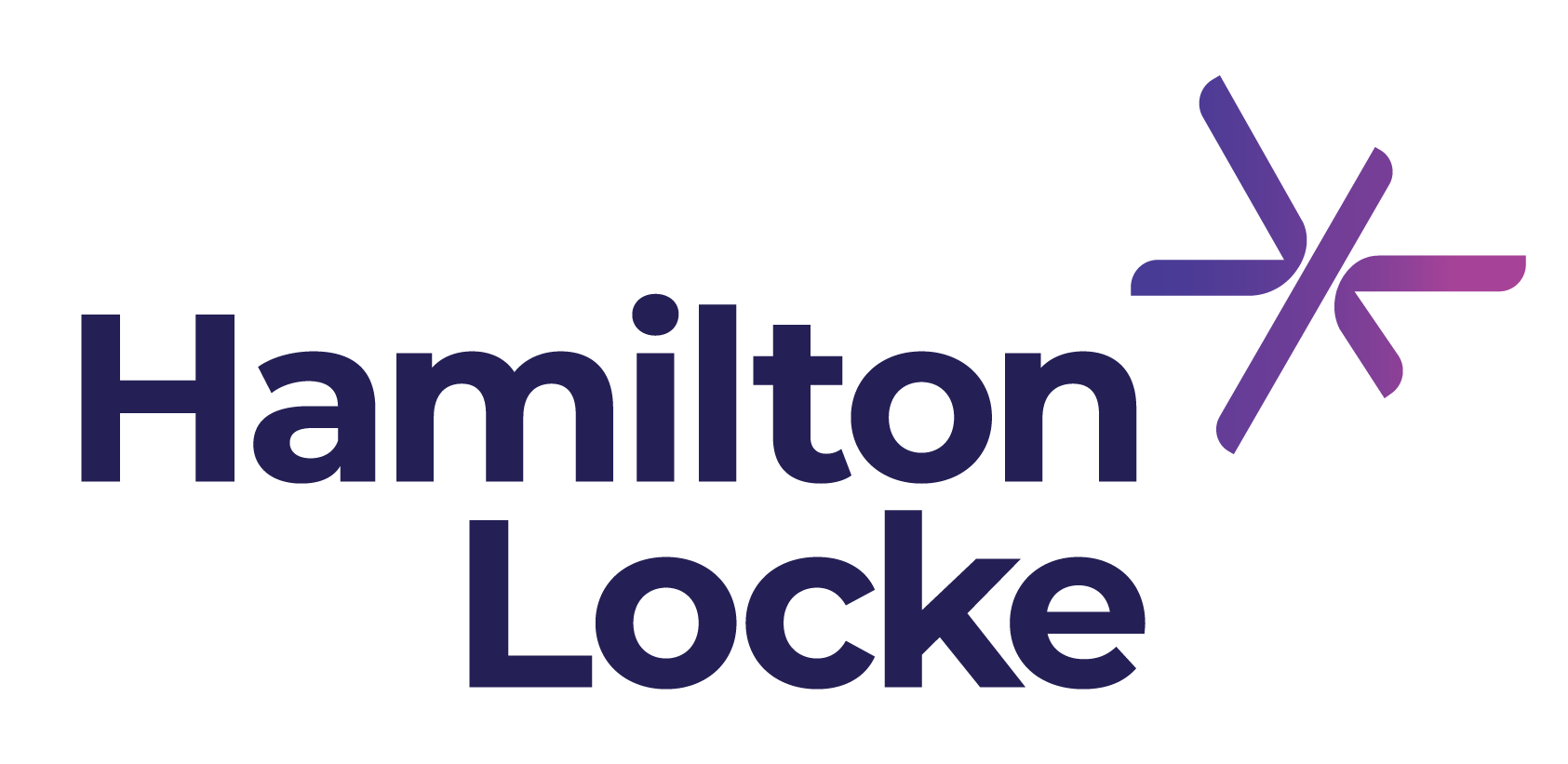HOW COVID-19 HAS AFFECTED REFORMS TO WEALTH BUSINESSES.
Published on May 26, 2020

With the ongoing COVID-19 pandemic, it’s fair to say that regulators and businesses have shifted their priorities. Timelines for legislative reforms driven by the Hayne Royal Commission and licence applications for wealth businesses have changed.
APRA and ASIC licences may be delayed
APRA has announced that it will not issue any new insurance or banking licences for at least 6 months. While ASIC has said it’s ‘business as usual’ for the Australian financial services licensing process, we expect timelines to be impacted by remote working and a reduced workforce.
Regulators have changed their priorities
ASIC is prioritising challenges arising from the pandemic and regulatory change where:
- There is the risk of significant consumer harm;
- There are serious breaches of the law;
- There are risks to market integrity; or
- The matter is time critical.
Policy work on key Royal Commission reforms were to start on 1 July 2020 but these will be delayed by at least six months.1
To help you plan, we’ve identified which changes apply now and which ones are likely to be delayed. This means you may have more time to prepare. We’ll update this blog as more information comes to hand.
Initiatives already law
| Initiative | What | When | More detail |
| Design and distribution obligations |
|
|
|
| ASIC’s product intervention powers |
|
|
|
Initiatives likely to be delayed
| Initiative | What | When |
| Enforceable industry codes |
|
|
| Ongoing fee disclosure and disclosure of lack of independence | Draft exposure bill requires:
|
|
| New financial adviser disciplinary system | The Royal Commission recommended a new disciplinary system and single disciplinary body for financial advisers.
A consortium of financial planning groups intended to fund and establish a code-monitoring body, however the Government terminated this plan and will establish the new body. |
|
| Breach reporting requirements;
Compulsory reference checking; and Misconduct investigation and remediation obligations |
A draft exposure bill for all of this legislation requires:
|
|
If you or your compliance team need help planning for these changes, get in touch – we’d
be happy to help.
Charmian Holmes and Simon Carrodus
May 2020
1See Treasury’s media release: https://ministers.treasury.gov.au/ministers/josh-frydenberg-2018/media-releases/update-implementation-banking-superannuation-and; and also see ASIC’s media release “20-109MR ASIC defers commencement of mortgage broker reforms and design and distribution obligations” dated 8 May 2020.


